I was lucky enough to interview Vera Hems Anderson, the founder of Last Frame Club and the Last Frame Queer Festival. We talk about her role as Festival Director, the process of choosing which films to screen, and other fun events that Last Frame put on!
Could you introduce yourself to the reader?
My name is Vera and I'm the founder of Last Frame Film Club. An independent film club in East London that mostly focuses on queer cinema.
What is your role within Last Frame Club?
My role is festival director, but as we are such a small team, my role is basically to do a bit of everything. My role involves programming (selecting the films), finding the venues, dealing with distributors and securing licences for the films we want to screen and finding collaborators to be part of the festival and the film club throughout the year. Also running a film club/festival, you're always looking for funding so a part of my role is searching for suitable funding and writing applications.
What would you say is the process of putting together the Last Frame Queer Festival, and how would you describe it?
We decided to start Last Frame Queer Fest as we had already started running a DIY/smartphone film festival in Walthamstow as part of the film club itself. We were keen to then start focusing on queer filmmakers and their stories. Running a film festival can seem like a lot of fun, and it is, but it's a lot of hard work and a long process. Our short film programme is a competitive, submissions based process so filmmakers send their films to us and we watch them, narrow them down, watch them again...and again!..and finally when we have the films we want to screen, we shape a programme from these finalist films. It's important to remember when putting a programme of short films together that you are allowing space for different voices and different styles.
Why choose “Otherness” for the Festival? What do you like about the film?
We chose Otherness because we felt we really hadn't seen a film like this before. The film itself is actually focused on just one small community of gay women in Cataluña but it felt much more universal. I think this is owed to the women in the film. The film listens to women talk about their experience of being a lesbian and 'something other than' so for example, we hear from Manoly - a trans woman and mother and her experience of coming out as first a trans woman and then a lesbian. We hear from Kali who feels often judged and excluded from the lesbian community for being a sex-worker and Fatou - a black, Muslim lesbian who talks about her experiences of having these parts of her identity used to describe and define her.
There are so many characters within the film and all bring a different view and experience of what being a queer woman can feel, or look like. We found it really interesting and we just also loved the patience and sensitivity of the film. It felt very much led by the women in the film themselves.
What has been your favourite part of being involved in the Festival?
What I've really enjoyed this year is being able to include workshops. Workshops have always been a part of our film club, but this is the first time we've been able to include them as part of the festival itself and that's been something that's been really fun to put on. This year we held a pop-up book making workshop, a draw-along screening and an introduction to drag workshop.
What are some challenges, and how do you get around those?
Probably one of the main challenges when screening films is licensing. Film licensing can be expensive so it's about weighing up what you are willing to invest in. Sometimes it can take time and patience to track down who owns the rights to the film. In terms of physical challenges, unfortunately in London a lot of older buildings are still not accessible. Programming is always a challenge, but mostly a fun one! This involves watching a lot of films of course and shaping a programme that feels balanced can take time and patience.
Last Frame Club also hosts a queer horror club! Could you tell us some more about that?
We're big horror fans and so is our friend Richard over at Token Homo. We started chatting about how there seems to be a connection between queer people and horror films. We had our initial year long programme of events where we held a screening every 2 months. Our first season focused on queer horror directors called 'Q-Rated'.
Thank you to Vera for the amazing, insightful interview into the behind-the-scenes of their Queer Film Festival, which is actually in its fourth year now! You can find Last Frame Club on Instagram at @lastframeclub, and Vera at @endofavera.

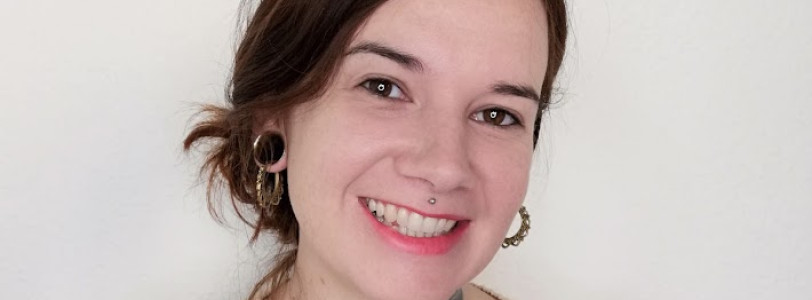
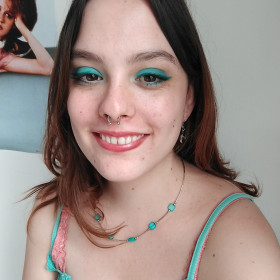
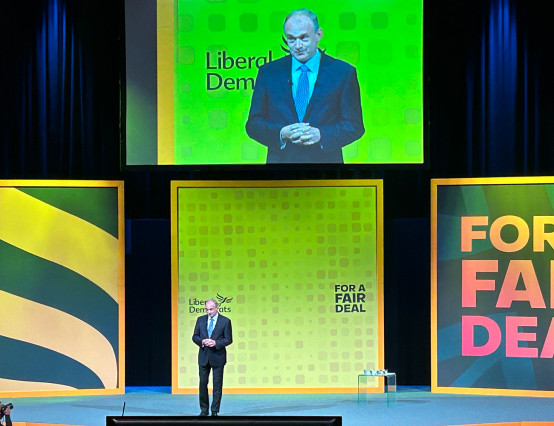
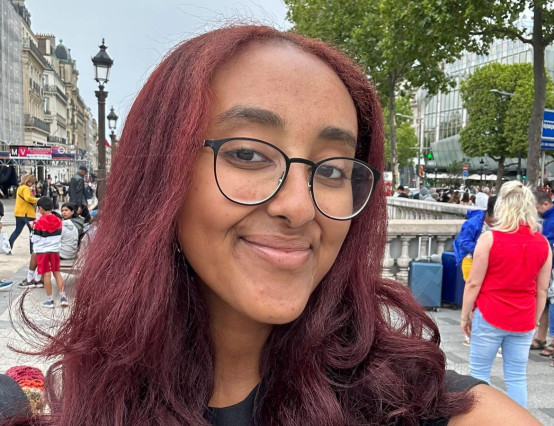
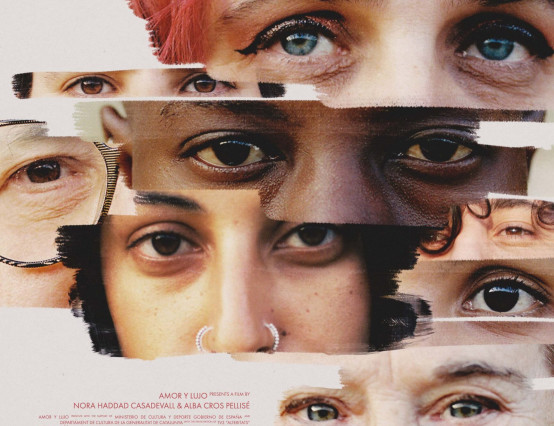



0 Comments